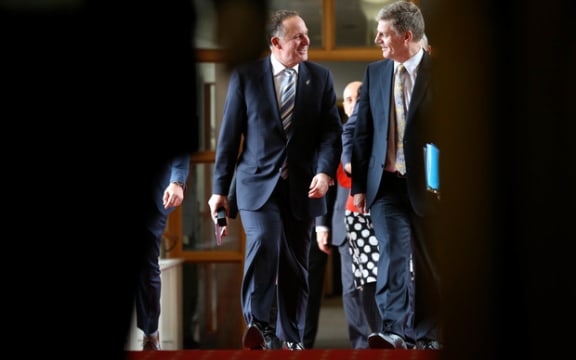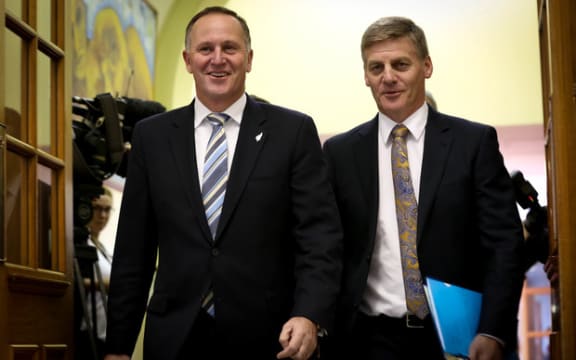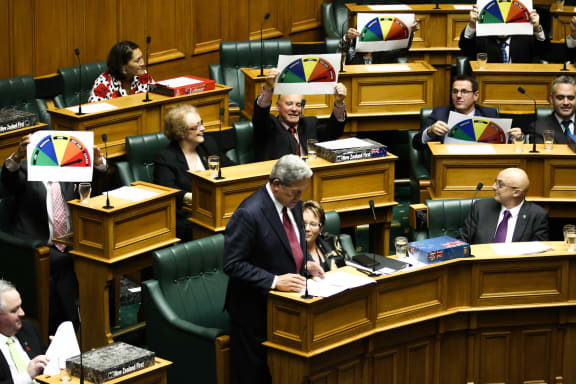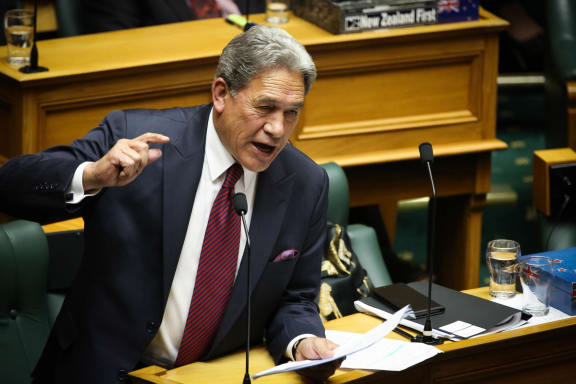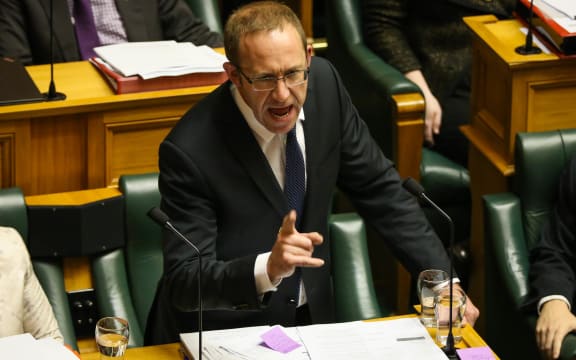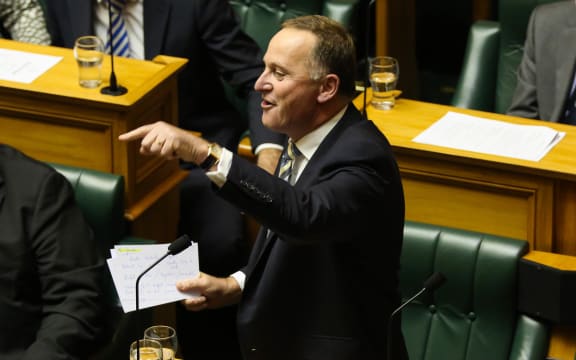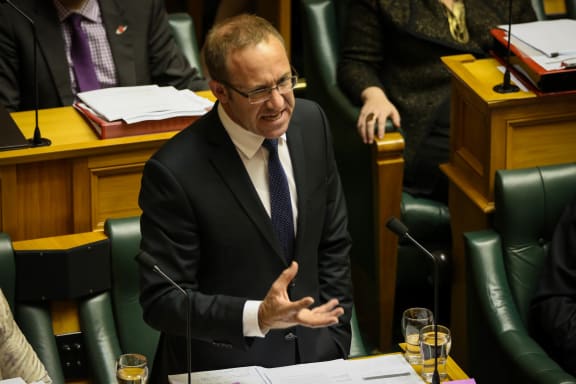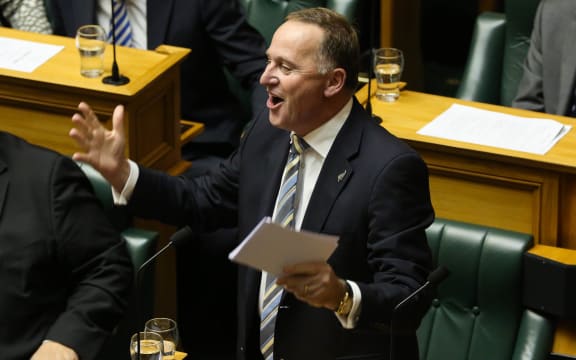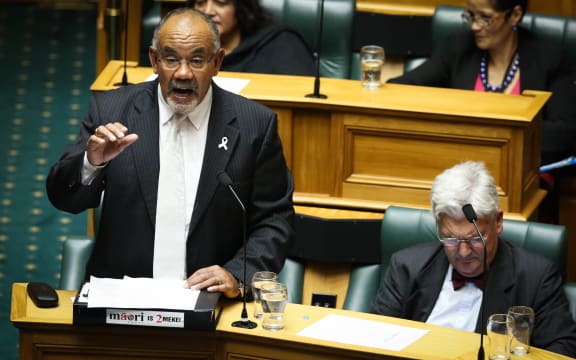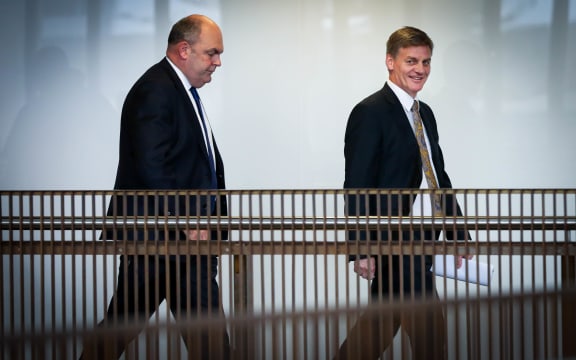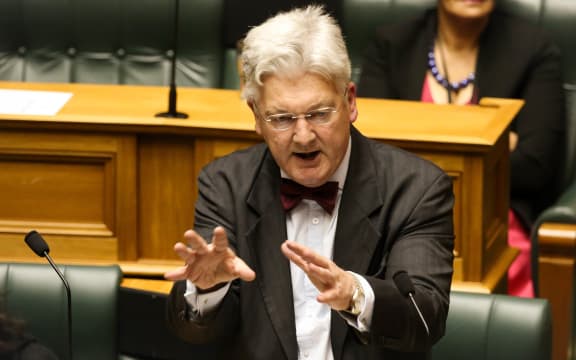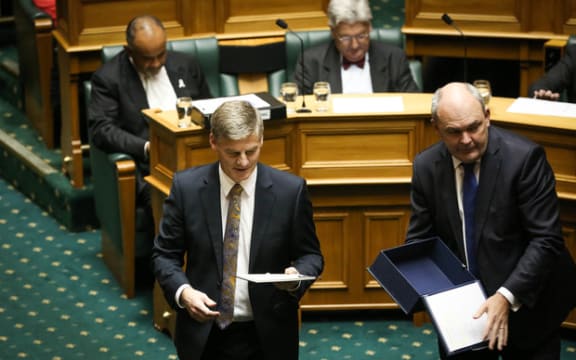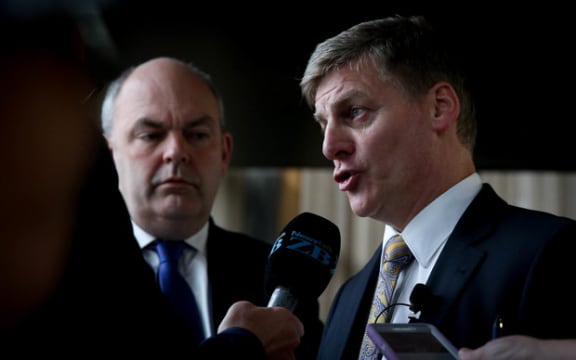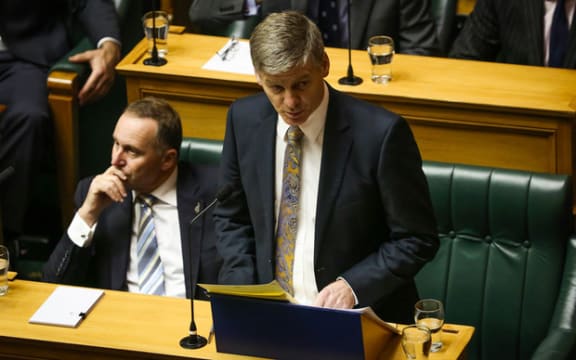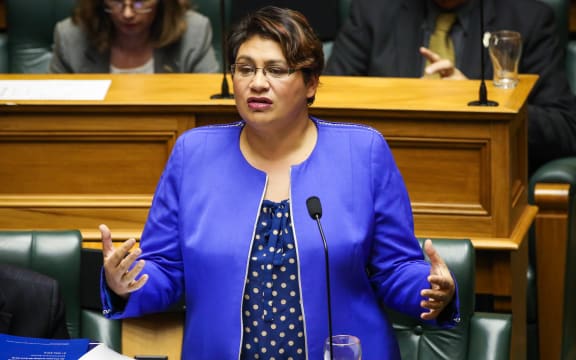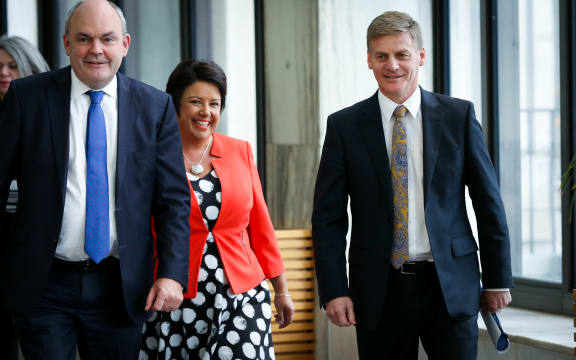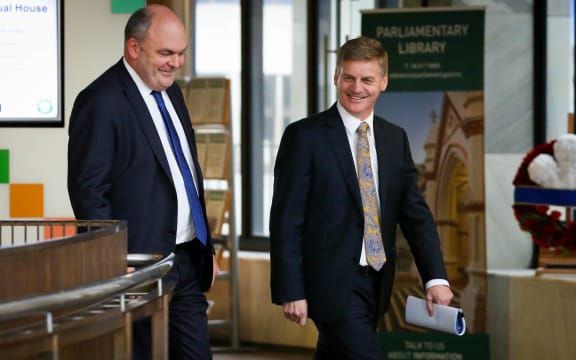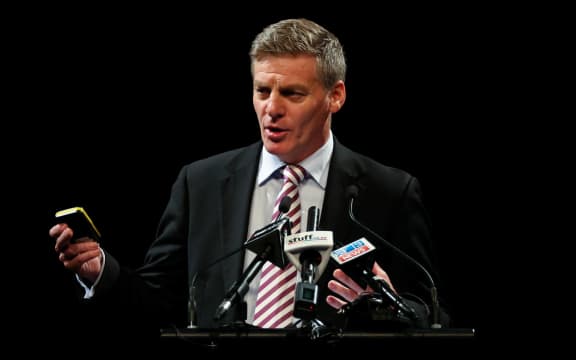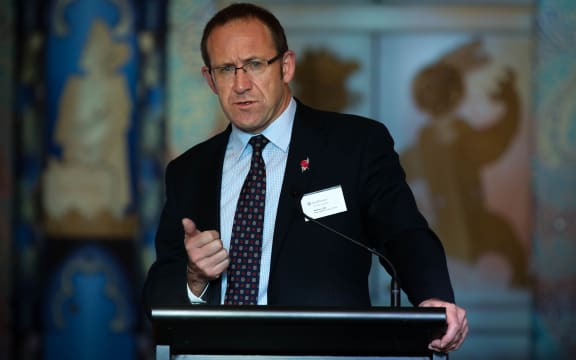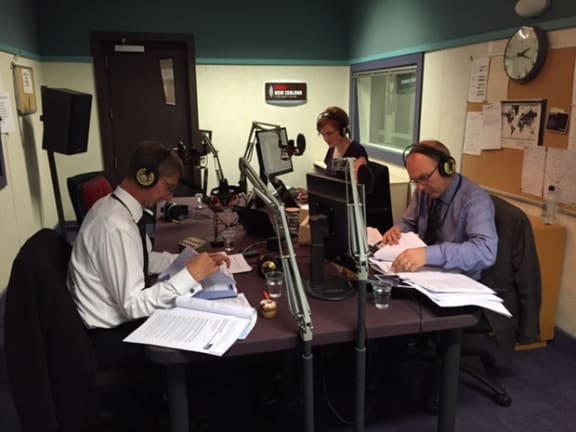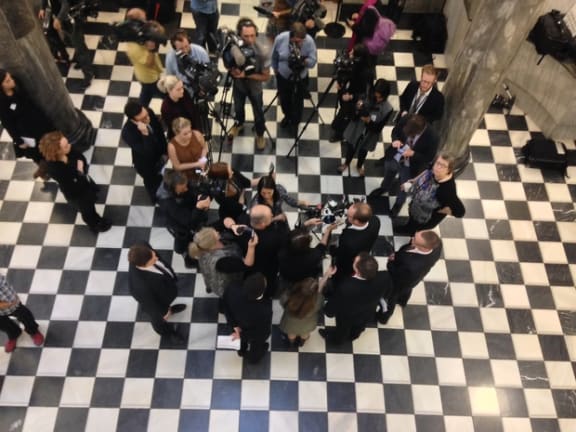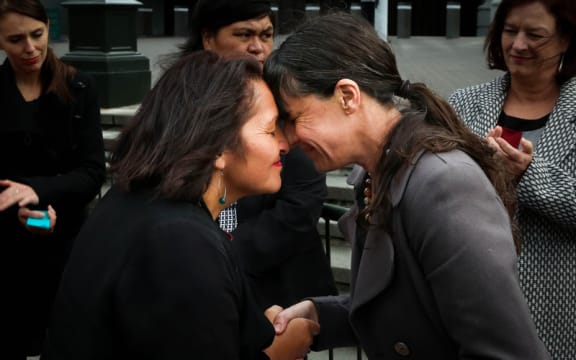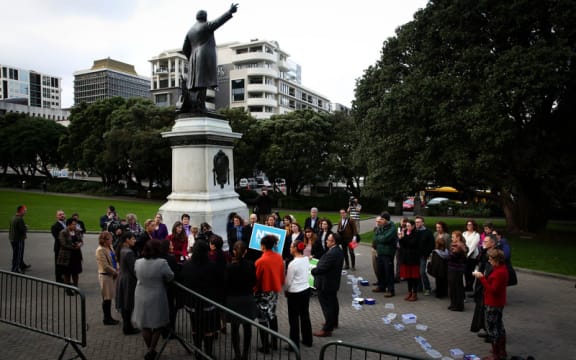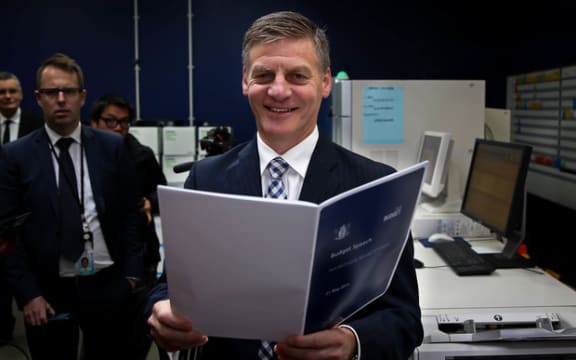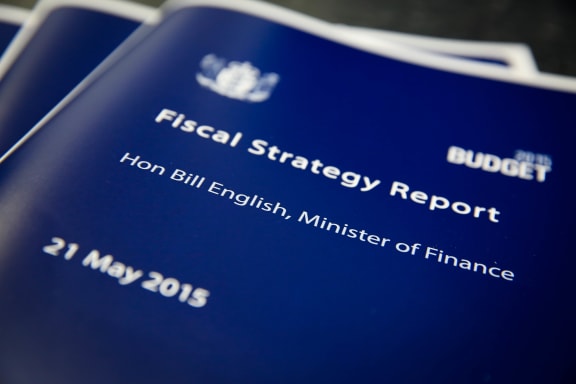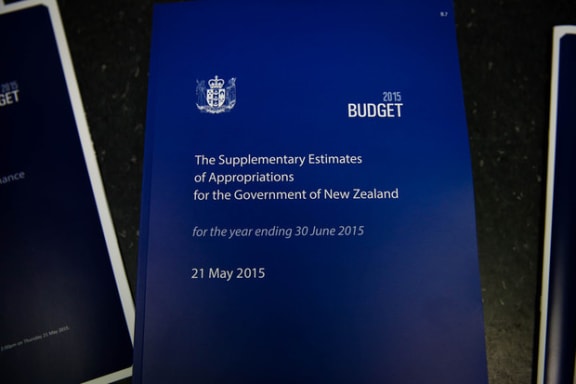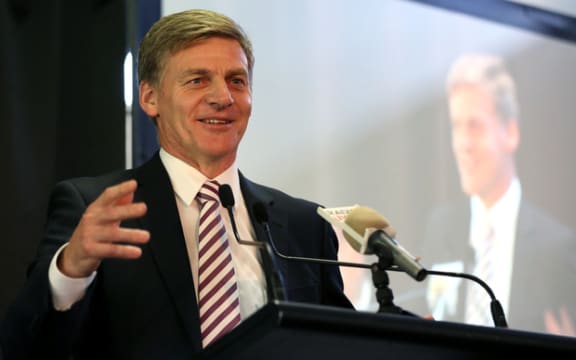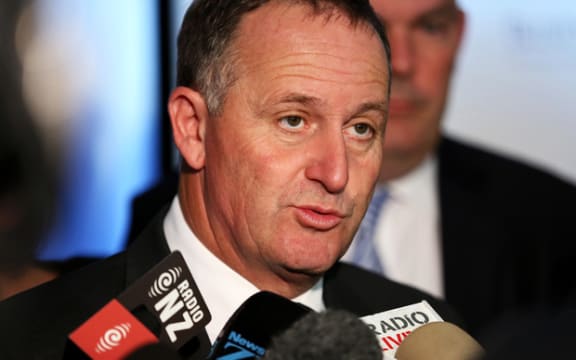The Government has tightened the purse strings on education with a Budget which leaves early childhood services and many tertiary institutions with no increases in their government subsidies next year.
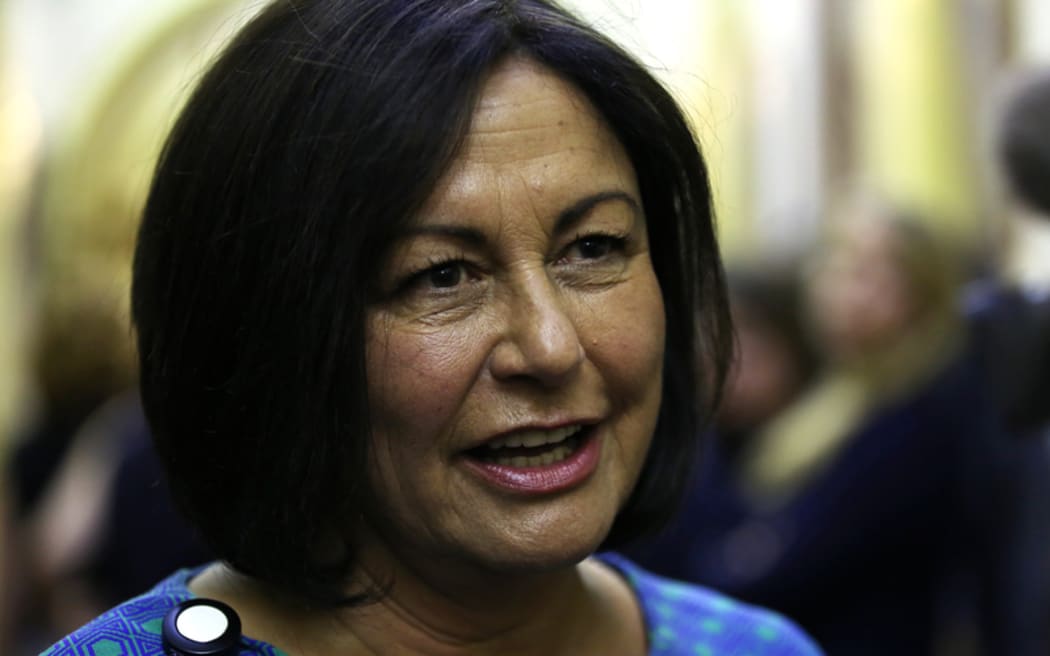
Education Minister Hekia Parata Photo: RNZ / Alexander Robertson
New spending on schools and early childhood services totals $686 million during four years - about two-thirds the size of new spending in each of the previous two budgets - funded in part by $64.9 million in cuts at the Education Ministry. Tertiary education spending increases $113 million over four years.
Total spending on schools and early childhood education rises from $10.3 billion to $10.8 billion dollars in the next financial year. Tertiary education spending will increase from from $3.017 billion to $3.060 billion.
School operations grants will increase just 1 percent next year, half as much as in previous budgets, and there are no increases at all to early childhood subsidy rates or subsidies for most tertiary courses. Budget documents say inflation in the past 12 months is 0.1 percent.
Read more stories on Budget 2015
Schools
The biggest ticket item in education is the previously announced $243 million over four years in capital spending for seven new schools, expansion at four other schools, and 241 new classrooms at other schools. The Budget provides a further $88.2 million in operational spending for those projects.
Spending on the Ongoing Resourcing Scheme for the most disabled children increases by $39.5 million over four years, enabling about 500 more students to access the scheme. There is also $23 million in new spending for extra teacher aides to help children with disabilities under a previously announced policy.
The echoes of the Novopay school payroll debacle continue, with new spending of $53.3 million over four years on the education payroll.
Early Childhood Education
The Government expects to spend $75 million more on early childhood education during the next four years as more children attend from an earlier age and for more hours.
There is no provision for an inflation-linked increase to early childhood subsidies. In the previous two budgets these amounted to about 1 percent.
Tertiary
The Government is expecting fewer enrolments next year but will maintain its spending on tertiary education by increasing funding in some areas.
The Budget continues the Government's policy of limiting tertiary subsidy increases to high-priority courses in science and technology-related subjects. It targets $86 million over the next four years to increase subsidy rates for degree courses in science (7.5 percent), agriculture (20 percent), optometry, pharmacy and physiotherapy.
There is also $11.4 million over four years to increase the number of engineering graduates, half of it to provide more places on engineering courses.
Most other courses have now had no increase for four or five years.
There is $8.4 million over four years to allow growth of up to 500 new learners per year in Maori and Pasifika Trade Training.
The government also proposes allowing tertiary institutions to raise their fees for domestic students by 3 percent next year, down from the previous limit of 4 percent.
